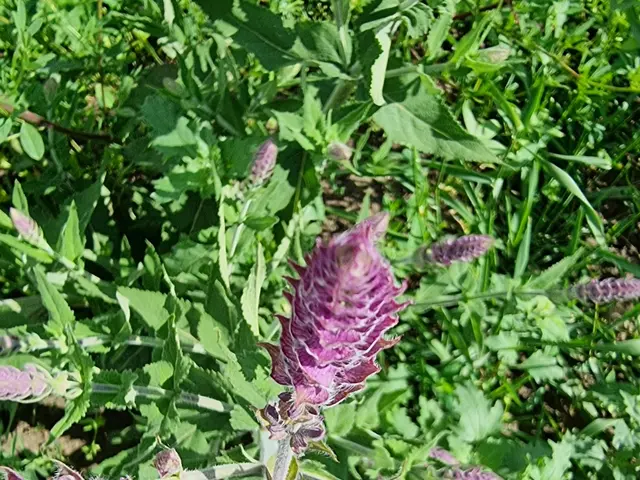Ingrown Hair Ailments: Identifying Causes, Remedies, and Preventative Measures
Ingrown hair cysts can be a common and uncomfortable issue for many people, particularly those with coarse or curly hair. These cysts form when a hair grows downward instead of upward and becomes trapped under the skin, leading to irritation and the blockage of the follicle.
Prevention is key in managing ingrown hair cysts. Proper shaving technique is essential, with a sharp, clean razor and shaving in the direction of hair growth. Using shaving cream or gel can also help reduce irritation and the likelihood of hairs becoming trapped beneath the skin. Alternatives to shaving, such as depilatory creams, may be a better option for some individuals as they create blunt-tipped hairs that are less likely to curl back into the skin.
Regular exfoliation with products containing salicylic acid or glycolic acid helps prevent dead skin cells from clogging pores and trapping hairs. Wearing loose-fitting clothing, especially in sensitive areas, can also minimize friction and irritation. For those with recurrent issues, laser hair removal is a highly effective long-term solution that reduces hair growth and the risk of ingrown hairs.
When it comes to treating ingrown hair cysts, home remedies can be effective. Applying a warm compress 3–4 times daily can reduce inflammation, promote drainage, and help bring the ingrown hair closer to the surface. Using gentle exfoliators can also help clear away dead skin cells and help free trapped hairs. Over-the-counter anti-inflammatory creams can help minimize irritation and discomfort.
However, if home remedies fail or the cyst becomes infected, it is important to seek professional care. Medical options include laser hair removal or IPL therapy for long-term prevention, especially for coarse or curly hair. Chemical peels and professional exfoliation can help maintain clear skin and unclog pores. Blue light therapy can treat inflammation and infection, while lancing or corticosteroid injections may be necessary for advanced or persistent cases, performed by a dermatologist. Antibiotics may be prescribed if there is a significant infection.
It is crucial to maintain good hygiene to prevent infection and recurrence of cysts. Keeping the skin clean and dry, avoiding tight clothing, especially in areas prone to ingrown hairs, such as the bikini line or underarms, can help reduce the risk of cysts.
If a cyst becomes infected, people should speak with a healthcare professional. A person should contact a doctor if the cyst is very painful, very red or discolored, or continues to ooze. In such cases, medical intervention may be necessary to prevent the cyst from worsening or causing further complications.
In conclusion, effective prevention and treatment of ingrown hair cysts involve a combination of proper hair removal techniques, ongoing skin care, and, when necessary, medical interventions. Consult a dermatologist if cysts persist, become severely inflamed, or are recurrent, as they may require tailored medical treatments.
- In cases where home remedies are unsuccessful or if the cyst becomes infected, it is advisable to seek professional medical care for potential treatments such as laser hair removal, IPL therapy, chemical peels, or corticosteroid injections.
- The predictive science of medical-conditions indicates that coarse or curly hair is more prone to ingrown hair cysts, hence, it may benefit individuals to consider long-term solutions like laser hair removal.
- Regular skin-care practices, like exfoliating with products containing salicylic acid or glycolic acid, maintaining clean and dry skin, and wearing loose-fitting clothing, can help prevent ingrown hair cysts and support overall health-and-wellness.
- A person who develops an infected cyst with symptoms like intense pain, redness, or continuous oozing should consult a healthcare professional immediately to prevent further complications.
- Careful hair removal techniques, such as shaving in the direction of hair growth and using proper shaving creams or alternatives like depilatory creams, can help reduce the risk of developing ingrown hair cysts.





